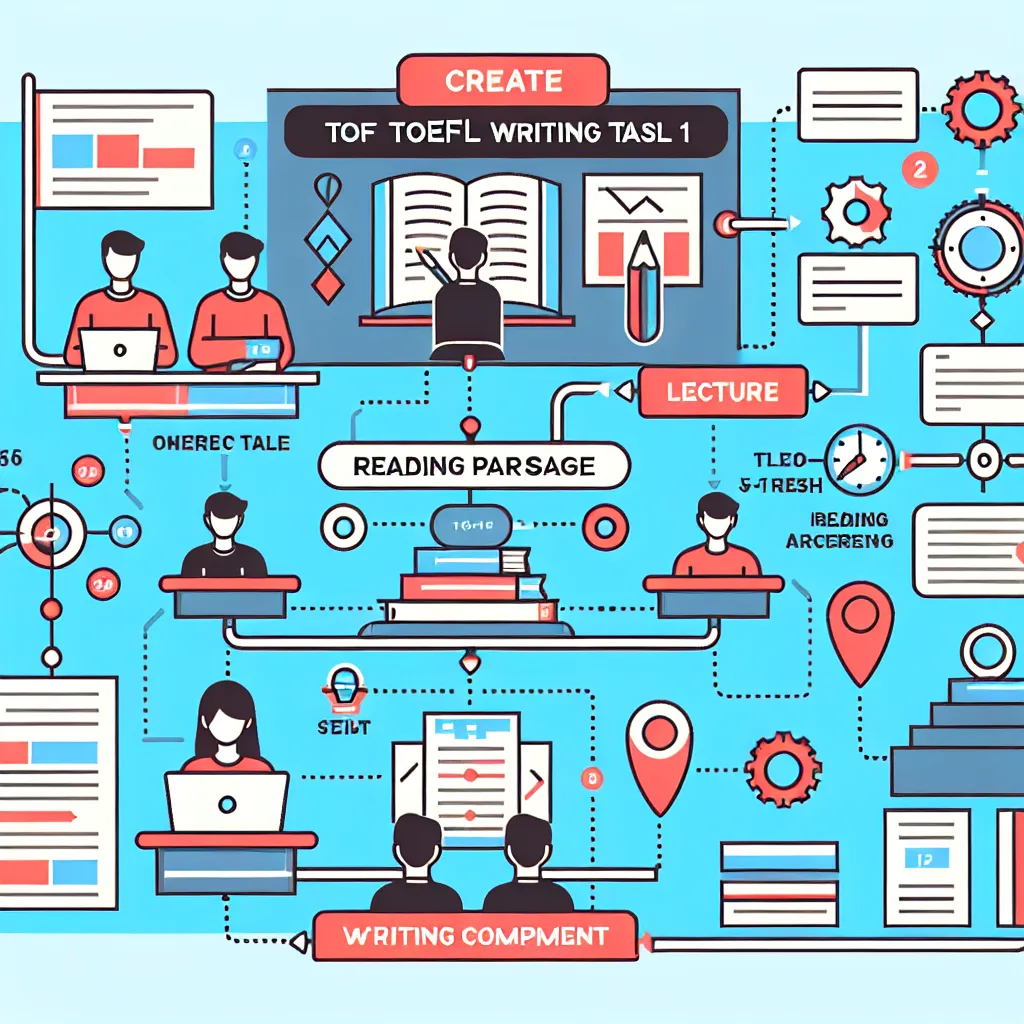As a TOEFL instructor with years of experience, I understand the importance of being well-prepared for the reading section. One of the most effective strategies is to familiarize yourself with the common topics that frequently appear in TOEFL reading passages. In this comprehensive guide, we’ll explore these topics and provide valuable insights to help you excel in your TOEFL reading preparation.
Understanding TOEFL Reading Topics
The TOEFL reading section covers a wide range of academic subjects, reflecting the diverse content you might encounter in university-level courses. Being aware of these topics can significantly enhance your readiness for the test and boost your confidence.
 Common TOEFL Reading Topics
Common TOEFL Reading Topics
Why Topic Familiarity Matters
- Improved comprehension: Knowing the common topics helps you quickly grasp the main ideas of passages.
- Faster reading: Familiarity with subject areas allows for more efficient reading and information processing.
- Better time management: Understanding the context of passages helps you allocate your time more effectively.
- Increased confidence: Being prepared for the types of topics you’ll encounter reduces test anxiety.
Most Common TOEFL Reading Topics
Let’s dive into the subjects that frequently appear in TOEFL reading passages. Remember, while this list covers the most common topics, it’s not exhaustive, and you should be prepared for other subjects as well.
1. Natural Sciences
Natural sciences are a staple in TOEFL reading passages. These topics often include:
- Biology (e.g., evolution, ecosystems, genetics)
- Chemistry (e.g., chemical reactions, elements, compounds)
- Physics (e.g., energy, motion, thermodynamics)
- Astronomy (e.g., celestial bodies, space exploration)
- Earth sciences (e.g., geology, meteorology, oceanography)
2. Social Sciences
Social science topics are also prevalent and may cover:
- Psychology (e.g., human behavior, cognitive processes)
- Sociology (e.g., social structures, cultural norms)
- Anthropology (e.g., human societies, cultural practices)
- Economics (e.g., market systems, financial theories)
- Political science (e.g., government systems, international relations)
3. History and Archaeology
Historical and archaeological subjects often appear, including:
- Ancient civilizations (e.g., Egypt, Greece, Rome)
- World history (e.g., major events, cultural movements)
- Archaeological discoveries and methods
- Historical figures and their impact
4. Arts and Humanities
The arts and humanities are well-represented in TOEFL reading passages:
- Literature and literary analysis
- Fine arts (e.g., painting, sculpture, architecture)
- Music and performing arts
- Philosophy and ethics
- Cultural studies
5. Technology and Innovation
With the rapid advancement of technology, these topics are increasingly common:
- Computer science and artificial intelligence
- Biotechnology and genetic engineering
- Renewable energy and sustainability
- Space technology and exploration
- Communication technologies
6. Environmental Studies
Environmental topics are gaining prominence in TOEFL reading passages:
- Climate change and global warming
- Conservation and biodiversity
- Pollution and waste management
- Sustainable development
- Ecosystem dynamics
How to Prepare for TOEFL Reading Topics
Now that you’re familiar with the common topics, let’s explore strategies to enhance your preparation:
-
Diversify your reading: Expose yourself to a wide range of academic texts across various disciplines.
-
Use TOEFL-specific resources: Invest in high-quality TOEFL preparation materials that cover these topics. [internal_link]
-
Practice active reading: Engage with the text by asking questions, making predictions, and summarizing key points.
-
Build your vocabulary: Focus on academic and subject-specific terminology related to these common topics.
-
Timed practice: Simulate test conditions by timing yourself while reading passages and answering questions.
-
Analyze passages: After reading, break down the structure and identify main ideas, supporting details, and conclusions.
-
Stay informed: Keep up with current events and scientific discoveries related to these topics.
Important Considerations
While preparing for these common topics, keep the following in mind:
- Topic variety: Although these are common topics, be prepared for unexpected subjects as well.
- Depth vs. breadth: TOEFL passages are typically introductory in nature, so focus on understanding general concepts rather than highly specialized knowledge.
- Context clues: Even if a topic is unfamiliar, the passage will provide context to help you understand the content.
- Question types: Familiarize yourself with the types of questions asked in the TOEFL reading section, such as main idea, detail, inference, and vocabulary questions.
Next Steps in Your TOEFL Reading Preparation
To further enhance your TOEFL reading skills:
-
Take practice tests: Use official TOEFL practice materials to gauge your progress and identify areas for improvement.
-
Join study groups: Collaborate with other TOEFL test-takers to discuss passages and share insights.
-
Seek feedback: Work with a tutor or experienced TOEFL instructor to get personalized advice on your reading strategies.
-
Create a study schedule: Allocate time each day to read academic texts on various topics.
-
Track your progress: Keep a log of the topics you’ve covered and your performance on practice questions.
By familiarizing yourself with these common TOEFL reading topics and following the strategies outlined in this guide, you’ll be well-equipped to tackle the reading section with confidence. Remember, consistent practice and exposure to diverse academic texts are key to success in the TOEFL reading section. Good luck with your preparation!




